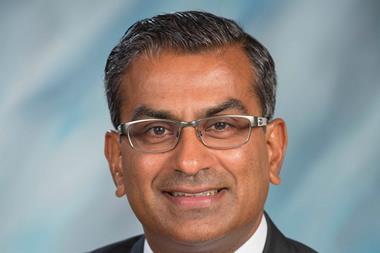A report by the Dutch Safety Board has found that a Russian-made Buk missile hit Malaysian Airlines flight MH17, killing all 298 people on board the Boeing 777 passenger jet in July 2014.
The report does not say who fired the missile, which saw the aircraft crash in Ukraine, but Russia denies western claims that the jet was brought down by Russian-backed rebels.
The aircraft had left Amsterdam's Schiphol Airport and was on its way to Kuala Lumpur. Among the victims were 196 Dutch nationals and 10 Britons.
The International Civil Aviation Organization (ICAO) welcomed the Dutch Safety Board’s accident investigation final report.
“ICAO and its Member States responded rapidly in the aftermath of MH17 to address some important immediate concerns,” commented ICAO’s Council President, Dr. Olumuyiwa Benard Aliu.
“Now that the Dutch Safety Board has issued its Final Report, ICAO will be reviewing its recommendations applicable to our Organization and responding as needed to ensure that air transport continues to be the safest way to travel.
“In this respect it is important to remind all concerned that investigations under Annex 13 are directly related to improving flight safety, and not to the apportioning of liability or blame,” he stressed.
ICAO quickly established a special Task Force on risks to civil aviation arising from conflict zones in the weeks immediately following the MH17 tragedy.
The Task Force recommended that ICAO should establish an online repository where States could share their conflict zone information more effectively, and where the public could also access it. ICAO launched the new online tool in April of this year
Additional Task Force recommendations included advice on risk assessment terminology, a comprehensive review of existing requirements and message formats, and industry led-initiatives to share operational information and be more transparent with passengers. ICAO has also begun work on agreed contingency flight routings for conflict zones under its regional air navigation planning groups.
Immediately after the accident, ICAO accident investigation specialists began assisting and providing technical Annex 13 consultations to the MH17 investigation, at the request of the States which instituted it. This included advice on the formal handover of investigation authority from Ukraine to the Netherlands.
“Any fatality is one too many in civil aviation,” noted President Aliu. “Our sector is constantly improving its safety performance through a wide range of collaborative global measures relating to data sharing and the strategic prioritization of flight safety risks, and accident investigation Final Reports play a very valuable part in that process.”









